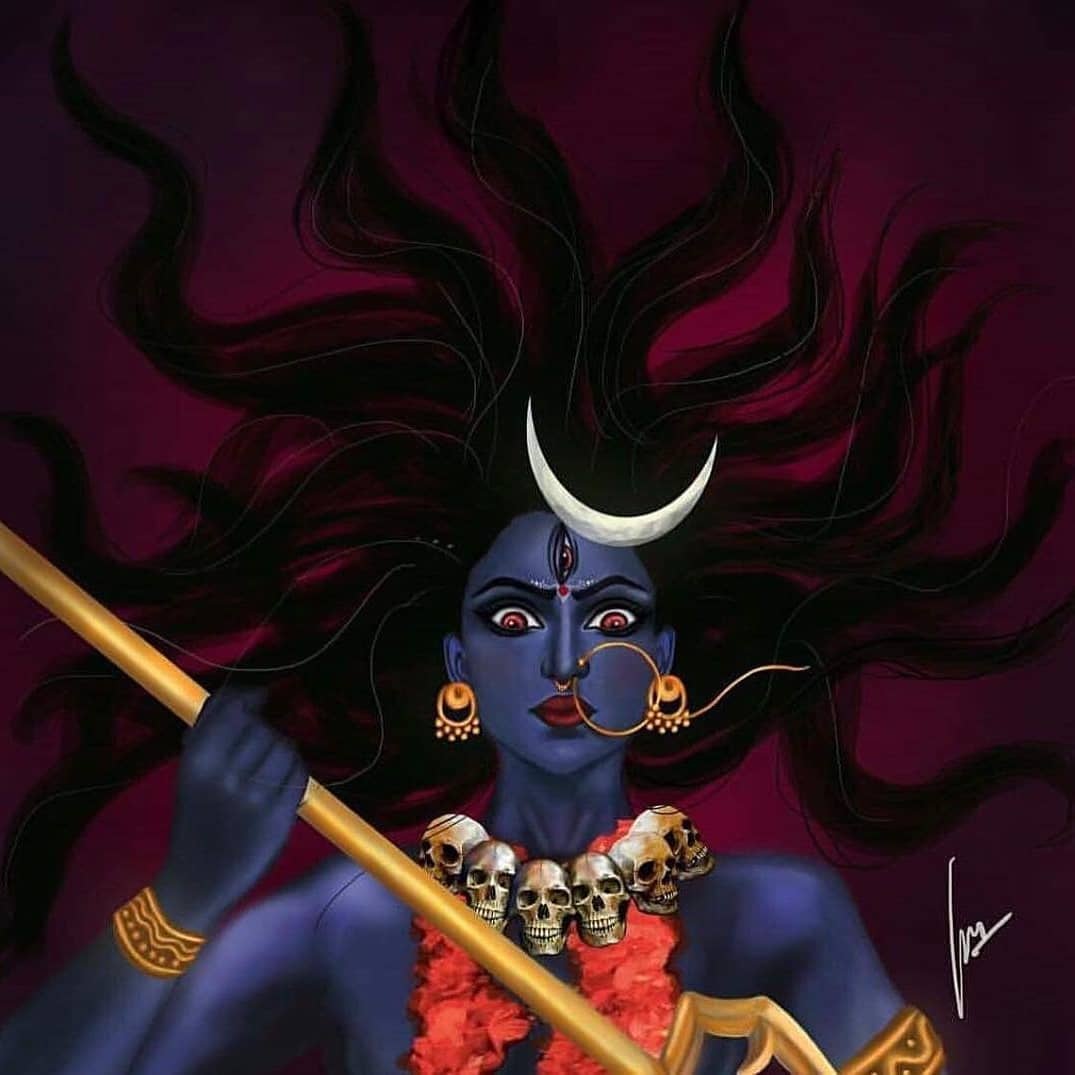
Guruji in "Gifts from the Goddess"
If you understand the principles that govern the cosmos—space and time—all that pervades space-consciousness is called Vishnu, and all that pervades time-consciousness is called Shiva. Shiva is called Kāla. Kāla means time.
The power of time is to move, manifest, change—to make things appear and disappear, to give birth to them, to grow and nurture them, to bring death to them, and finally to fully reabsorb them. And this power is called Kali. Mahākālī kills time, but she can also give birth to time. She kills Shiva—because, again, Shiva is an expression of time—and so Shiva is afraid of Mahākālī. He doesn’t dare go near her. Mahākālī is the primordial power of the primordial energy, which is beyond the limit of Brahma.
Mark Dyczkowski: "Manthanabhairavatantram, Kumarikakhandah"
Compare this relationship with the one Kālī - the goddess of Time - has with her consort, Bhairava Mahākāla (the Great Time). Bhairava represents the vital breath (prāṇa). Its movement impels the motion of the mind and, with it, the flux of time. Kālī is the divine consciousness who, intent on consuming the energies of manifestation that arise out of her own nature, absorbs the vital breath and with it time into her eternal nature. Thus, far from being the god's pious bashful attendant, she devours him! When we couple this perception of the goddess with Rāmakṛṣṇa's vision of the divine mother Kālī devouring the children to whom she has just given birth, the reversal of perspective is complete.

